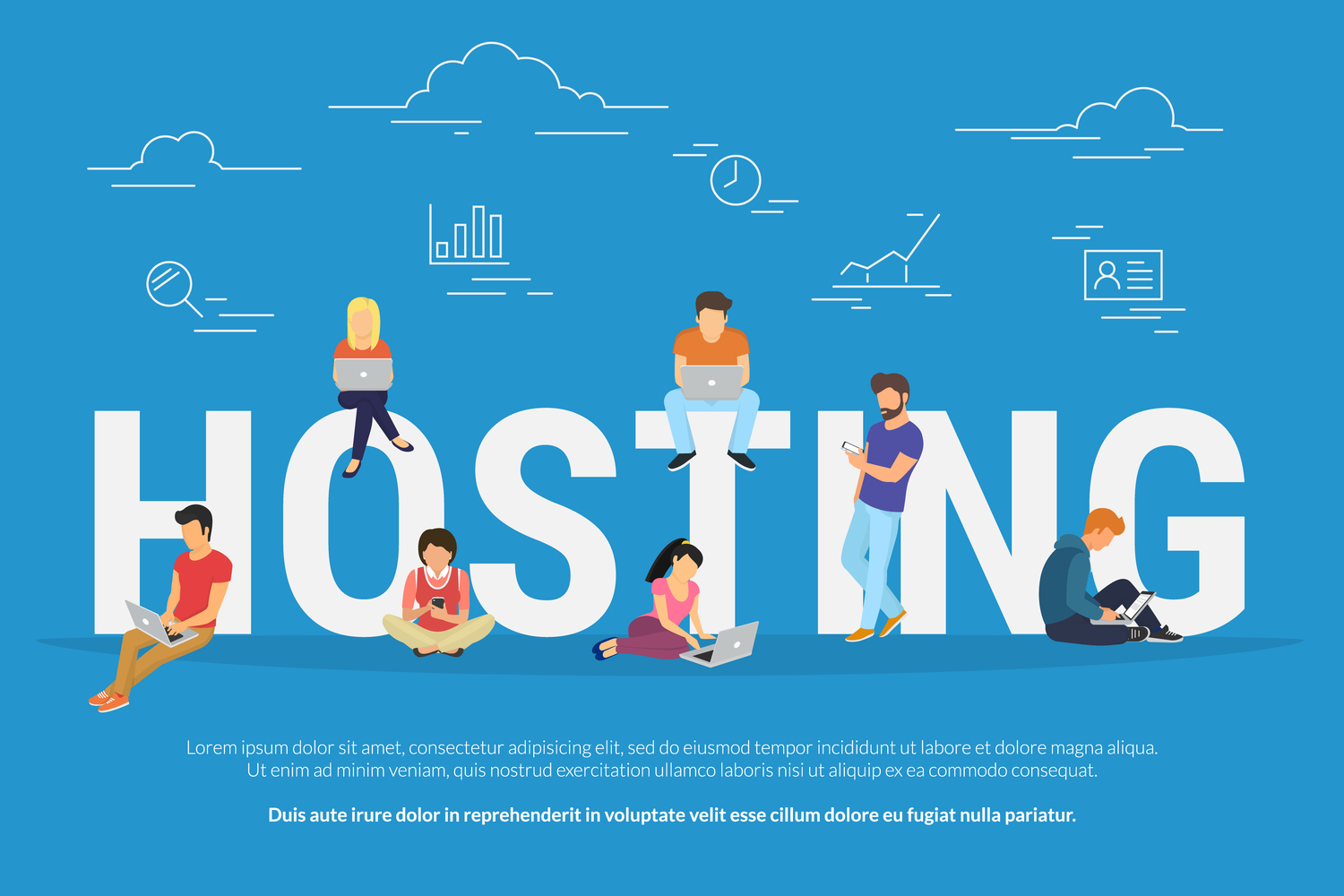Essential Factors to Evaluate Before Choosing a Web Hosting Provider
Learn key considerations for selecting a reliable web hosting provider. This guide highlights security protocols, risks of free plans, and when to upgrade for better performance and security. Perfect for entrepreneurs and small businesses starting online.
Sponsored

Critical Aspects to Assess Before Selecting a Web Hosting Service
Web hosting companies supply the essential hardware and software support required to keep your website operational. They handle backend maintenance, server management, and offer dedicated customer assistance to ensure seamless website performance.
Is opting for free web hosting secure?
Free hosting providers include domain registration, storage, bandwidth, databases, and various tools to keep your website accessible. These plans are ideal for testing ideas or launching small projects before upgrading to paid options. The security of free hosting depends on protocols such as SSL certificates and server safeguards.
Ensuring the Security of Free Web Hosting
Data Backup and Recovery
Protecting online data is crucial, and a reliable host should offer backup and restore options. Even free plans should facilitate manual backups to prevent data loss during outages or errors. Automatic backups might not be standard, so confirm what options are available.
Secure Server Protocols
Verify whether the provider secures their servers with protocols like FTP/SFTP and SSL certificates to ensure a trusted connection.
Check the provider’s offerings online to confirm that their servers follow security best practices.
Malware and Intrusion Protection
Regular malware scans and threat detection are vital. While some free plans include basic malware scanners and firewalls, others may lack these features altogether. Opt for plans that offer some level of security, with options to upgrade later if needed.
DDoS Mitigation
Protect your site against Distributed Denial of Service threats, which can disrupt access and harm reputation. Even free plans should include measures to prevent such attacks.
While not all free hosting services provide extensive security, evaluating their protocols helps determine safety. Long-term reliability may require upgrading to premium services with enhanced protections.
Be aware of common pitfalls associated with free web hosting, including:
Advertising Presence
Free hosts often display ads on your site, which can detract from a professional appearance and frustrate visitors, impacting trust.
Branding Limitations
Many free hosts showcase their branding, such as logos or their domain in your URL, which can affect brand perception and credibility.
Limited Customer Support
Free plans typically offer minimal or delayed support, making troubleshooting more difficult.
Uptime Reliability
Without guaranteed uptime, your website may experience outages that could affect business operations.
Page and Resource Limitations
Free plans often restrict the number of pages and bandwidth, restricting growth as your site expands.
Bandwidth Sharing
Shared resources can lead to latency or performance issues, especially during traffic spikes.
Upgrade Costs
As your needs grow, migrating to a paid plan becomes necessary, adding costs beyond the free service.
While free web hosting serves short-term testing or small projects well, transitioning to VPS or dedicated hosting is advisable for sustained, scalable growth to maximize your website’s potential.






